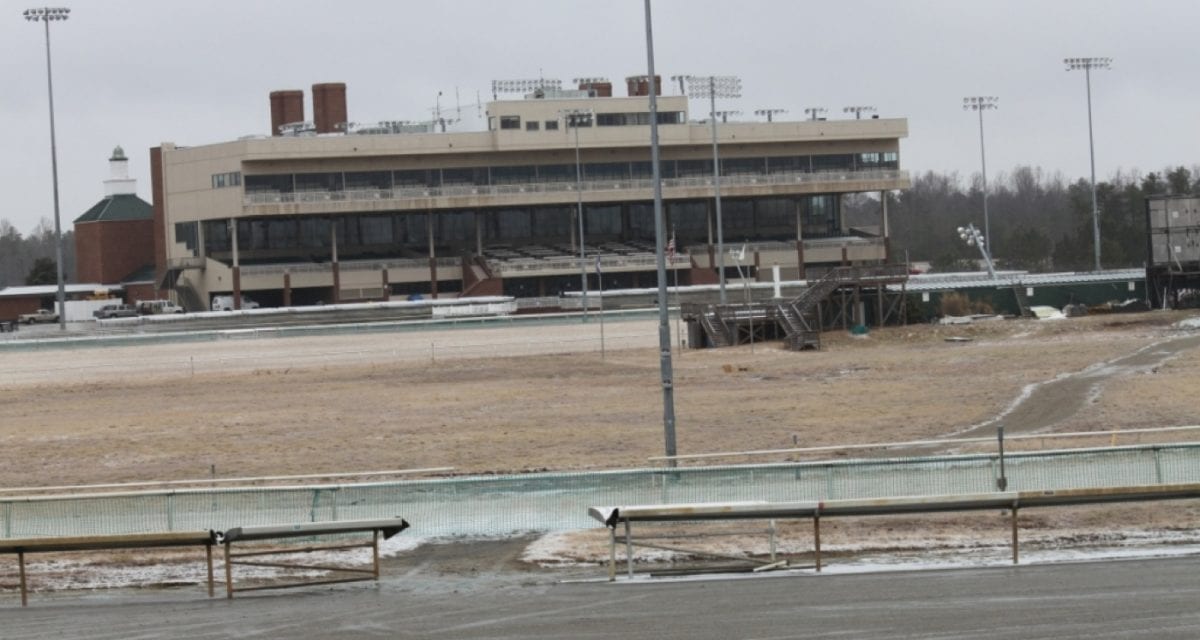Nearly two months ago, as the dispute over racing days (and weeks) between Virginia’s horsemen and Colonial Downs began to heat up, Virginia Horsemens’ Benevolent and Protective Association (HBPA) president Frank Petramalo warned that it was “not unlikely” that horsemen in other states would begin to forbid Virginia advance deposit wagering providers from taking their signal — a decision that would prevent Virginia residents from wagering on those signals.
Petramalo’s prediction has begun to come true.
A notice on the website of EZ Horseplay, which is the advance deposit wagering company owned by Colonial Downs, warns customers that “some out-of-state horsemen’s groups are rescinding their approval for thoroughbred signals on EZ Horseplay.”
If customers bet on a track whose approval has been rescinded, but which has not yet been removed from the schedule, the statement says, they will receive a “BET REJECTED” notice.
One bettor with an EZ Horseplay account told The Racing Biz that among the rescinded signals are those from Oaklawn, Gulfstream Park, and Calder Race Course. Gulfstream and Calder remain on the site’s official schedule; Oaklawn does not appear on the schedule.
Virginia’s horsemen and the racetrack have been stalemated over the length and shape of the 2014 meet for several months. Back in December, Colonial Downs had proposed a 12-day meet, while the HBPA countered with 32 days over eight weeks.
Frustrated, the Virginia Racing Commission had approved a five-week, 25-day meet that satisfied no one, though Colonial Downs indicated they would accept it.
The two sides began negotiating towards a compromise, but a mediation session two weeks ago ended with the sides farther apart than ever before.
The sides reportedly are holding meetings in advance of tomorrow’s Virginia Racing Commission session to hammer out a resolution.
Under the federal Interstate Horse Racing Act, the organization representing a track’s horsemen — in this case, the VHBPA — must give its consent to the import and export of racing signals. With no contract in place, the VHBPA had previously withdrawn its consent for Colonial’s network of off-track betting facilities to receive Thoroughbred signals. Now, though the VHBPA cannot shut off the power to advance deposit wagering companies, some of its brethren in the industry are doing so.
“Restricting content hurts the VHBPA, but it hurts Colonial more,” Petramalo had said earlier. “Every horsemen’s group in the country has an interest in what’s happening in Virginia.”







